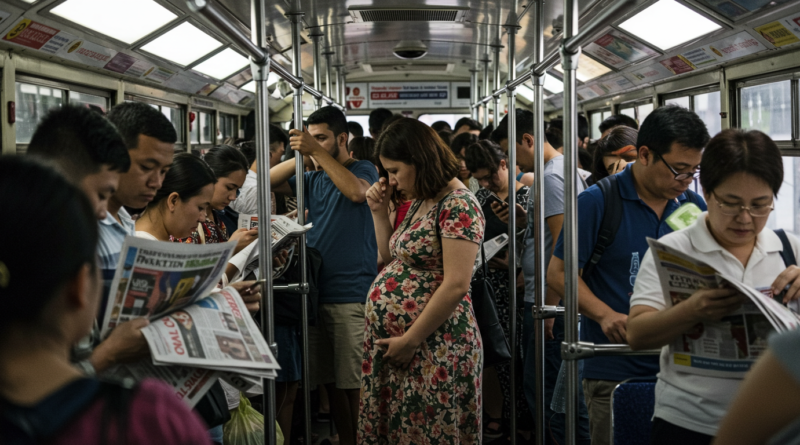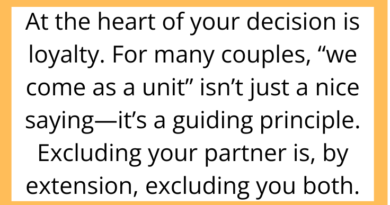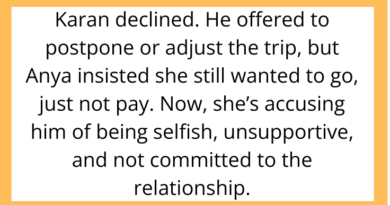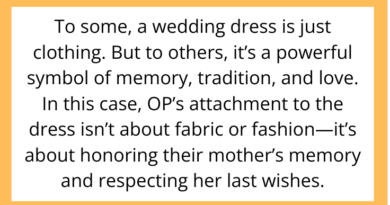AITAH for Refusing to Give Up My Seat on a Crowded Bus for a Pregnant Woman?
We’ve all been there caught in a moral dilemma where our choices are scrutinized by strangers. Recently, I found myself in one such situation on a crowded bus, and I can’t shake the guilt. Was I the jerk for not giving up my seat to a pregnant woman? Let’s break it down and see if I was truly in the wrong or if there’s more to the story.
The Bus Incident
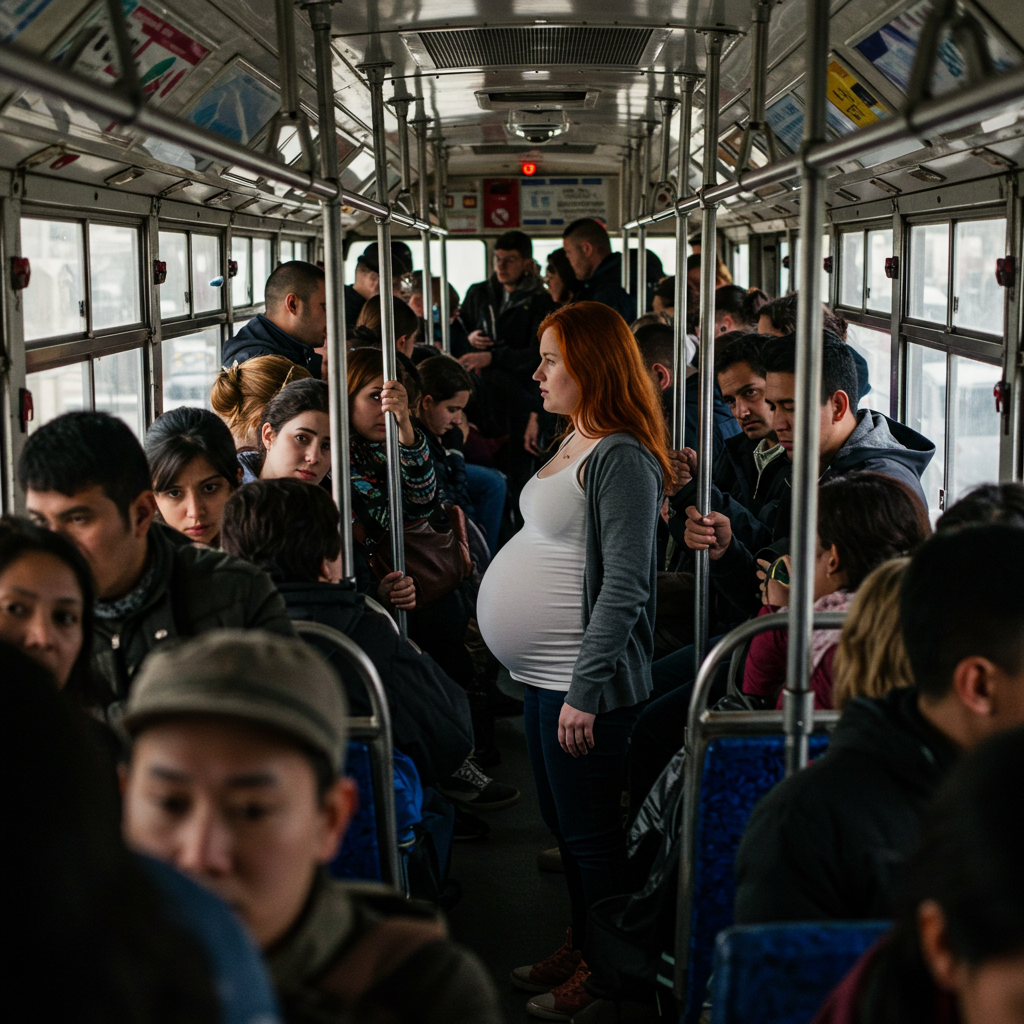
It was rush hour, and the bus was packed. I’d just finished a 12-hour shift at the hospital, and my feet were killing me. I managed to snag a seat near the back, relieved to finally sit down. A few stops later, a pregnant woman boarded. She looked exhausted, her hand resting on her belly as she scanned the bus for a seat. Everyone seemed to avoid eye contact—including me. I hesitated, but my body ached, and I stayed put. The woman ended up standing for the entire ride, and I could feel the judgmental stares burning into me.
My Justification

I know how it sounds—I’m a healthcare worker, so shouldn’t I be more empathetic? But here’s the thing: I’d been on my feet all day, dealing with emergencies, and I was barely functioning. My back was screaming, and I genuinely worried I’d collapse if I stood. Plus, there were other able-bodied people who could’ve offered their seats. Why was I the only one getting dirty looks? Does being a nurse mean I’m automatically obligated to sacrifice my own well-being?
Public Reactions
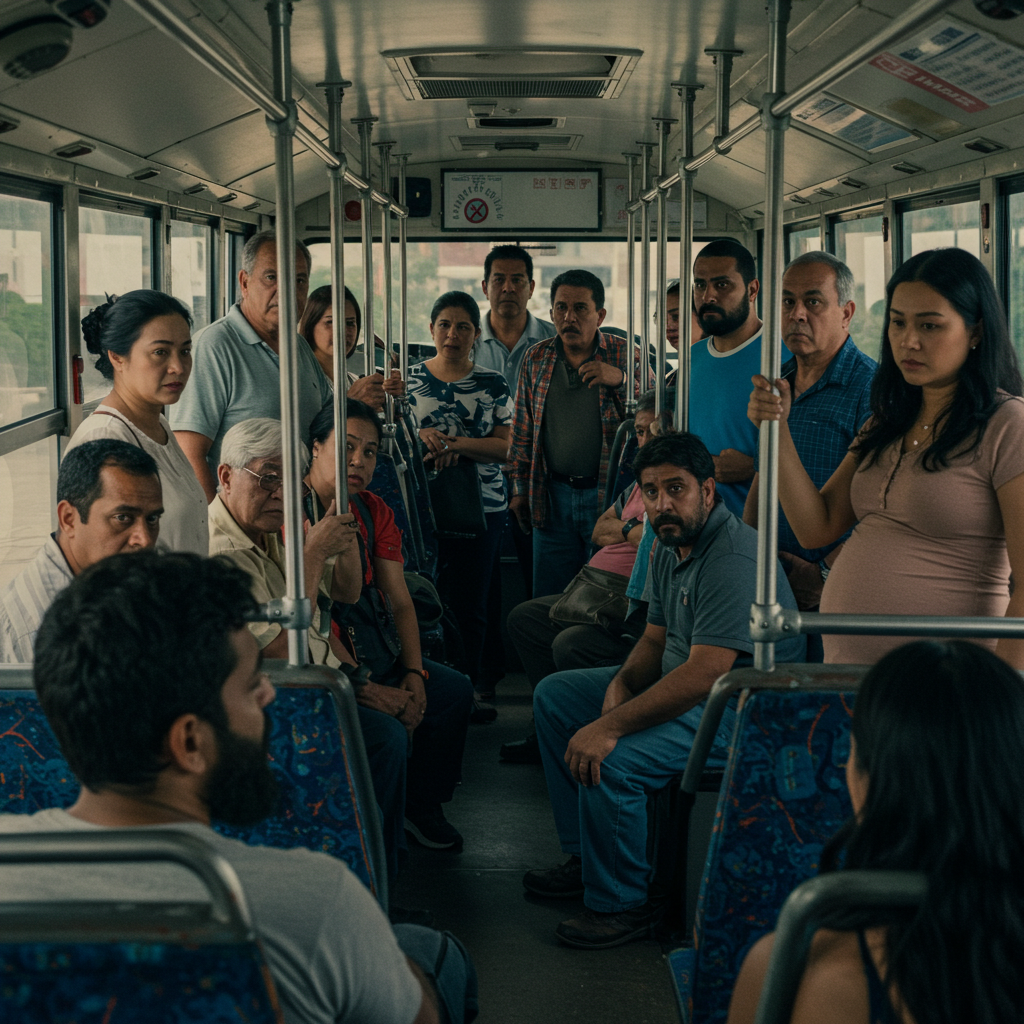
The backlash was immediate. A woman across the aisle muttered, “How selfish.” Another passenger outright said, “You should be ashamed.” I wanted to explain, but the words stuck in my throat. Later, I posted about it online, and the responses were split. Some called me TA for not prioritizing a pregnant woman, while others defended me, saying exhaustion is valid too. One comment stuck with me: “It’s not your fault the bus system sucks, but kindness costs nothing.” Was I wrong to prioritize myself in that moment?
Cultural Expectations

Society drills it into us: pregnant women, elderly folks, and those with disabilities deserve seats. And I agree—in theory. But what about invisible struggles? I wasn’t wearing a sign that said, “I’m about to pass out from exhaustion.” The pregnant woman’s need was visible; mine wasn’t. Does that make me less entitled to rest? Or is this a case of “you never know what someone else is going through” applying both ways?
Alternative Solutions
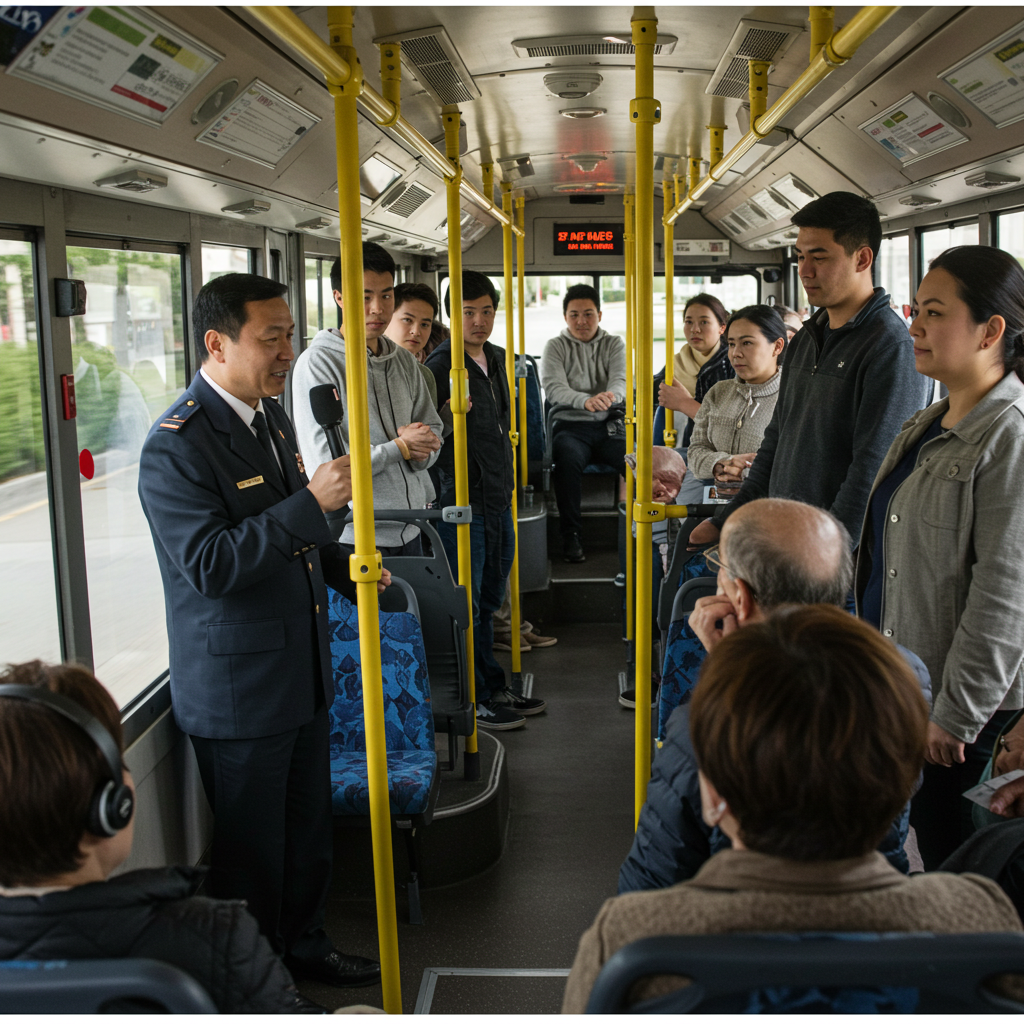
Looking back, I wonder if I could’ve handled it differently. Maybe I should’ve asked someone else to give up their seat instead of staying silent. Or flagged the driver to make an announcement. But in the moment, I froze. The pressure to be “selfless” felt overwhelming, and I resented that no one else stepped up. Isn’t collective responsibility a thing? Why was the burden solely on me?
Final Verdict
After replaying the scenario a hundred times, here’s where I land: I wasn’t malicious, but I wasn’t blameless either. Yes, I was exhausted, but so was she—and her discomfort was arguably greater. That said, the real AH is a system that pits tired people against each other instead of providing adequate seating. Next time, I’ll try to speak up or find a compromise. But for now, I’m left wondering: AITAH?
What do you think? Have you ever been in a similar situation? Share your AITAH stories in the comments let’s dissect these moral gray areas together!
